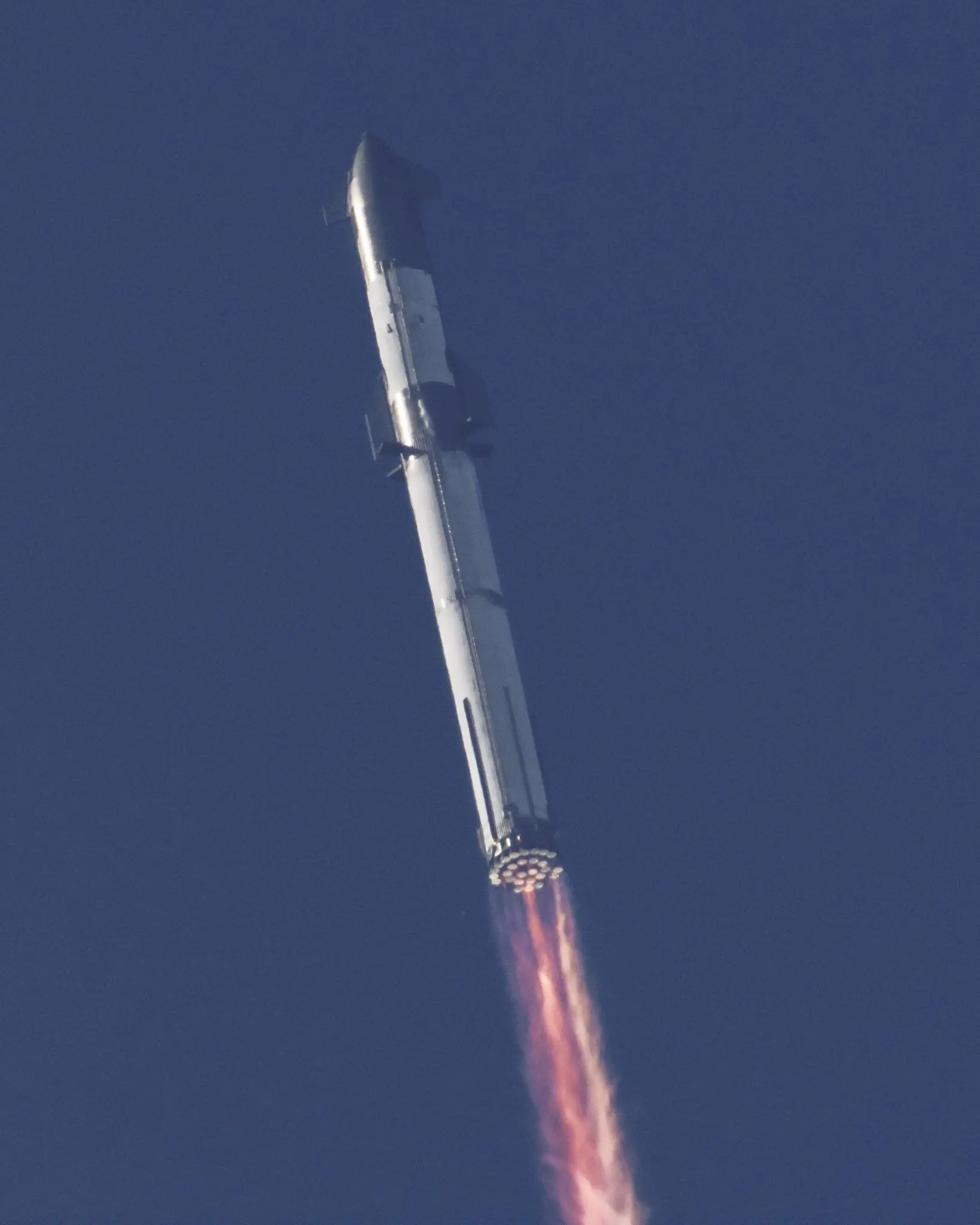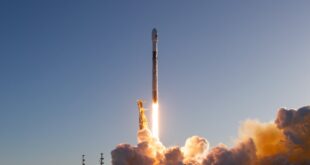
Ibadan, 21 April 2023. – SpaceX successfully completed its first fully integrated Starship flight test as it launched the rocket. However, the launch was not a complete success, as the rocket exploded four minutes into the flight. This happened as the booster failed to separate from the spacecraft as intended, causing the rocket to tumble and subsequently explode. Despite and before this, the rocket successfully separated from the Super Heavy booster, a vital in-flight milestone.
SpaceX’s CEO, Elon Musk, had previously told enthusiasts to temper their expectations. According to the Company, Starship’s test flight was meant to collect data for future boosted trips. Clearing the launchpad was the only goal, and anything beyond that was just a bonus. The company had initially scrubbed the first attempt due to a frozen pressurant valve.
NASA Chief Bill Nelson congratulated SpaceX after the first integrated flight test. He said, “Every great achievement throughout history has demanded some level of calculated risk because with great risk comes great reward. Looking forward to all that SpaceX learns, to the next flight test—and beyond.”
In 2021, SpaceX won a nearly $3 billion contract from NASA to use Starship as a crewed lunar lander. That would see Starship be part of NASA’s Artemis moon program, delivering astronauts to the lunar surface from the agency’s SLS rocket and Orion capsule.
Starship has 39 total Raptor engines (33 in the booster, six in Starship) that are powerful enough to carry payloads up to 330,000lbs to low Earth orbit when fully reusable and 550,000lbs when expendable. When successful, the new rocketry will enable missions that weren’t possible before, including eventual trips to the Moon and Mars that require extensive fuel and supplies.
 SpaceWatch.Global An independent perspective on space
SpaceWatch.Global An independent perspective on space




